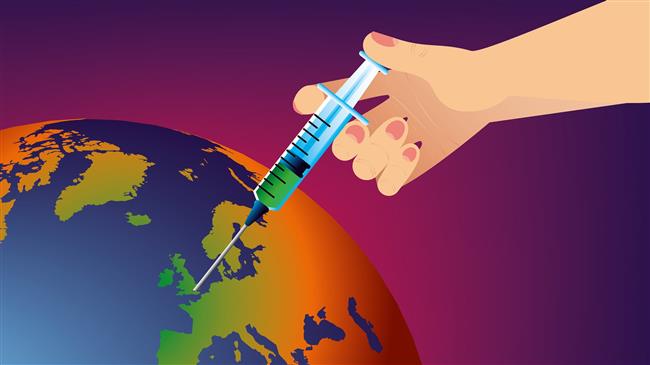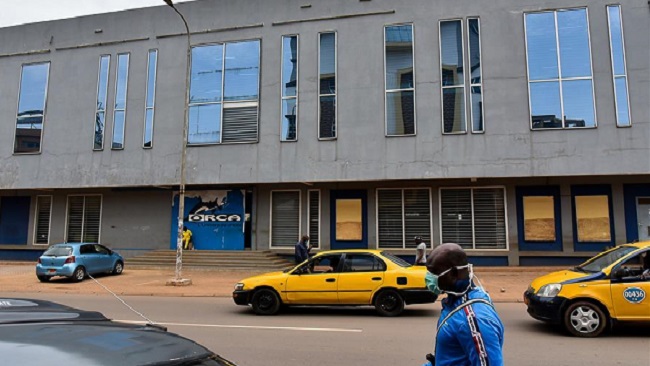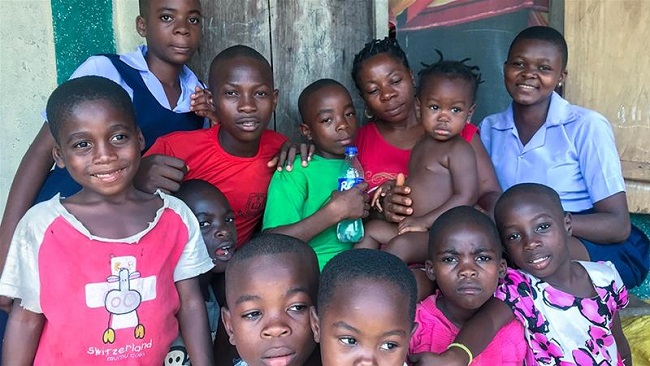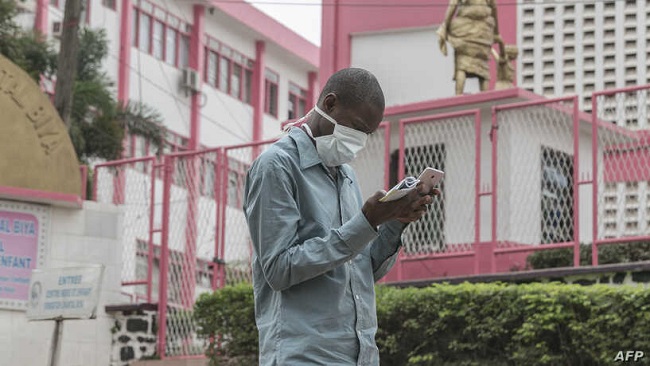11, May 2020
Researchers concerned mutations in some strains may help coronavirus spread 0
Scientists have found evidence for mutations in some strains of the coronavirus that suggest the pathogen may be adapting to humans after spilling over from bats.
The analysis of more than 5,300 coronavirus genomes from 62 countries shows that while the virus is fairly stable, some have gained mutations, including two genetic changes that alter the critical “spike protein” the virus uses to infect human cells.
Researchers at the London School of Hygiene and Tropical Medicine stress that it is unclear how the mutations affects the virus, but since the changes arose independently in different countries they may help the virus spread more easily.
The spike mutations are rare at the moment but Martin Hibberd, professor of emerging infectious diseases and a senior author on the study, said their emergence highlights the need for global surveillance of the virus so that more worrying changes are picked up fast.
“This is exactly what we need to look out for,” Hibberd said. “People are making vaccines and other therapies against this spike protein because it seems a very good target. We need to keep an eye on it and make sure that any mutations don’t invalidate any of these approaches.”
Studies of the virus revealed early on that the shape of its spike protein allowed it to bind to human cells more efficiently than Sars, a related virus that sparked an outbreak in 2002. The difference may have helped the latest coronavirus infect more people and spread rapidly around the world.
Scientists will be concerned if more extensive mutations in the spike protein arise, not only because they may alter how the virus behaves. The spike protein is the main target of leading vaccines around the world, and if it changes too much those vaccines may no longer work. Other potential therapies, such as synthetic antibodies that home in on the spike protein, could be less effective, too.
“This is an early warning,” Hibberd said. “Even if these mutations are not important for vaccines, other mutations might be and we need to maintain our surveillance so we are not caught out by deploying a vaccine that only works against some strains.”
The scientists analysed 5,349 coronavirus genomes that have been uploaded to two major genetics databases since the outbreak began. By studying the genetic makeup of the viruses, the scientists worked out how it has diversified into different strains and looked for signs that it was adapting to its human host.
In an unpublished study that has yet to be peer reviewed, the researchers identified two broad groups of coronavirus that have now spread globally. Of the two spike mutations, one was found in 788 viruses around the world, with the other present in only 32.
The study shows that, until January, one group of coronaviruses in China escaped detection because they had a mutation in the genetic region that early tests relied on. More recent tests detect all of the known types of the virus.
Last month, an international team of scientists used genetic analyses to show that the coronavirus likely originated in bats and was not made in a lab as some conspiracy theorists have claimed.
(Source: The Guardian)


























14, May 2020
Yaounde: Traditional Healers See Rush for Herbal Medicines to Treat COVID-19 0
Cameroon’s traditional healers say they are being overwhelmed by the number of people seeking herbal medicine for prevention or treatment of the coronavirus. The rush for traditional healing comes as the central African nation confirms more than 2,500 cases of COVID-19 and 121 deaths. But medical doctors caution the use of herbal medicine for the coronavirus.
Traditional healer Dewah, who only uses a first name, says his chain of herbal medicine clinics across Cameroon have been flooded with patients since the March outbreak of the coronavirus.
He spoke via a messaging application from the southwestern town of Kumba.
Dewah said in the last two months he has received at least 800 people from Cameroon, the Central African Republic, and Chad who say they are rushing for African herbal medicine because they have been told there is no modern cure for COVID-19.
The demand for herbal medicine is so high, said Dewah, that he could not treat some patients because he ran short of the potions made from plants he harvests from the forest.
Despite a lack of scientific evidence, he claims the potions can treat all the symptoms of COVID-19 and even save the infected from death.
Dianne Sop, a traditional healer in Yaounde, said in the last month she too has received about 200 patients seeking treatment for the coronavirus.
Sop said on Tuesday morning alone she received 10 patients but had to send four away because she is still waiting for more herbal medicines.
Medical researchers, doctors, and the Cameroon government have urged patients not to rely on traditional medicine for COVID-19 and to instead seek treatment at hospitals.
Douala city pharmacist Merilyne Peyou notes many Cameroonians do not live near hospitals but have easy access to traditional medicine.
She said many drugs sold in hospitals and pharmacies in Africa originate from herbs and tree leaves that were effectively used to treat Africans before the arrival of modern medicine. The only challenges of African herbal medicine, said Peyou, are that it is difficult to preserve, may become toxic, and healers don’t always know what dosage to prescribe.
Cameroon’s Ministry of Public Health released a statement Thursday warning of quacks claiming they can treat COVID-19 to financially exploit people suffering from or worried about the virus.
Gidiun Peliegho, a researcher on African traditional medicine, said authorities should work to identify which herbs can treat COVID-19 and help to develop a cure.
“We need both financial and moral assistance. This is not the time for us to keep on doubting what African traditional medicine can do. What interests us now the most is getting to rescue the world population that is suffering.”
The World Health Organization notes the use of products to treat COVID-19 that have not been robustly investigated can put people in danger.
In a May 4 statement, the WHO said untested and unproven medicines give a false sense of security and distract from proven measures such as hand washing and physical distancing.
Source: VOA